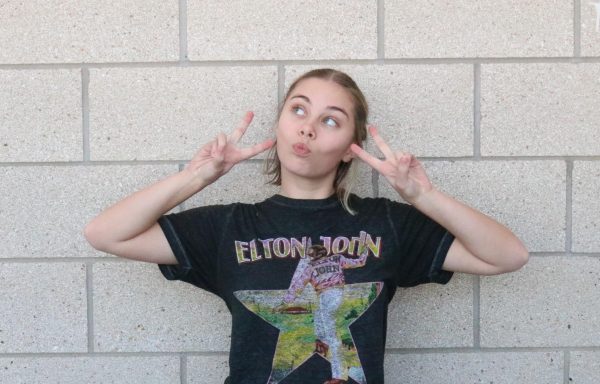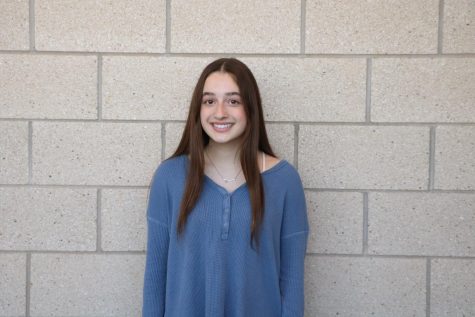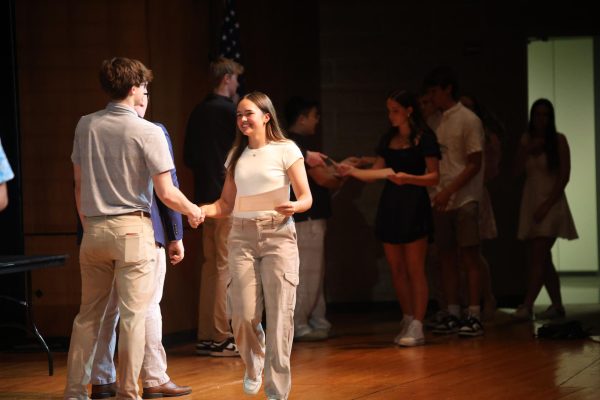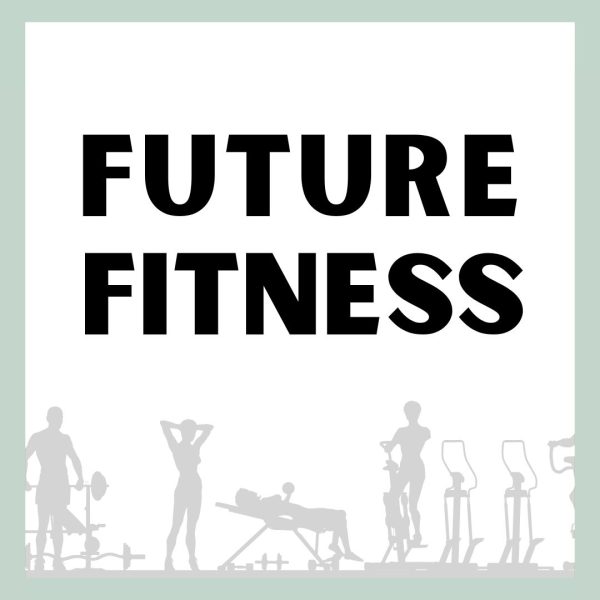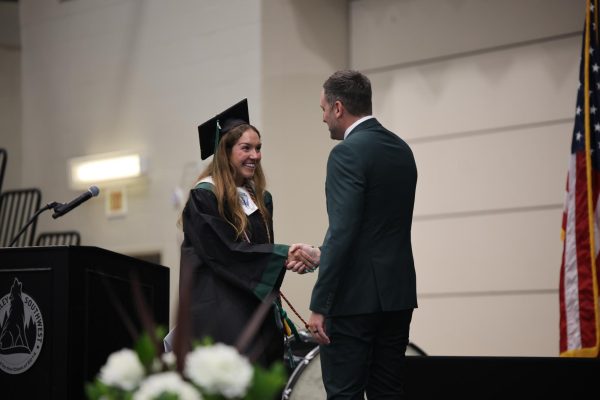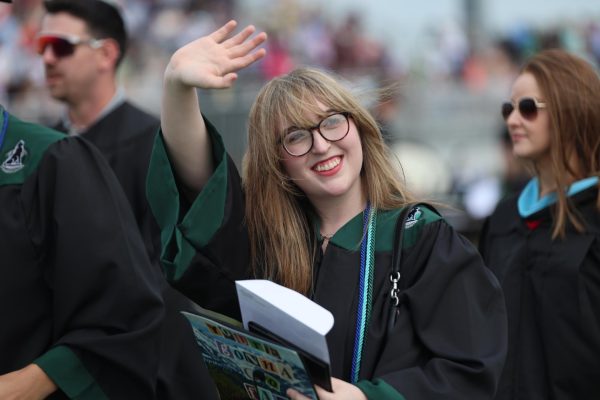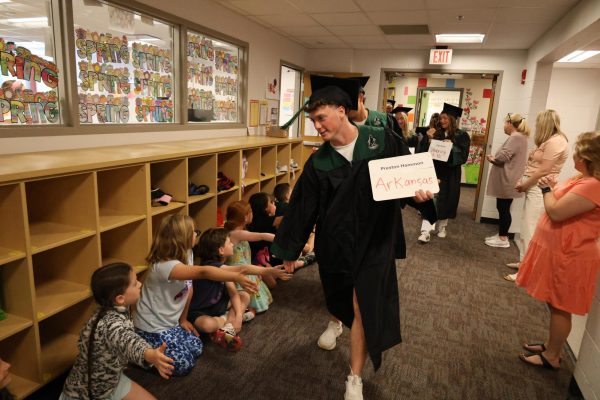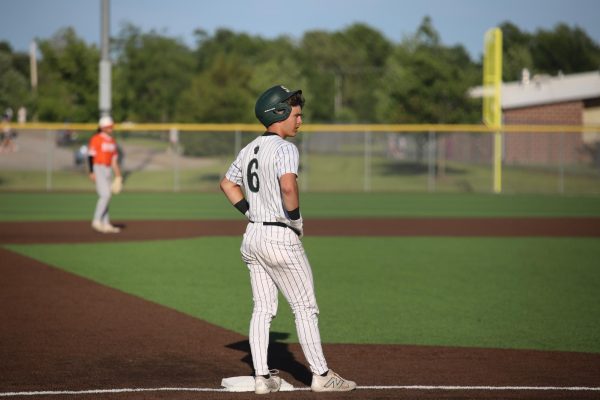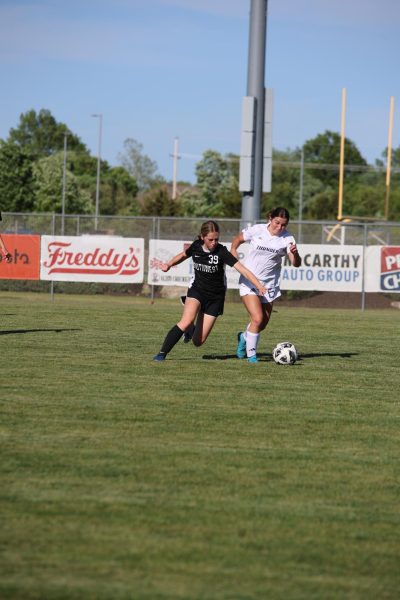Roe v. Wade Disputes in BVSW
EDITOR’S NOTE: Student names have been changed to protect their anonymity.
On June 24, the United States Supreme Court overturned Roe v. Wade, the 50-year-old clause that protected a woman’s right to abortion. The overturn allowed individual states to determine legislation regarding reproductive rights.
Fourteen states, including Missouri, immediately enacted trigger laws (previously unenforceable abortion bans developed in case of Roe v. Wade’s overturn); California and New York governors signed legislation protecting a woman and abortion providers. Kansas was the first state to put it up to a vote.
On Tuesday, Aug. 2, 47% of eligible Kansas voters — a record-breaking turnout for a primary election — voted on whether or not to overturn Article 67, the clause protecting Kansans’ right to an abortion. 59% of Kansans voted no.
Junior Chole Gray, who said she is passionately pro-choice, said the Aug. 2 vote affected American Culture because it reflected the opinions of the general public, instead of individual legislators.
“The predictions did not match the outcome,” Gray said. “[Everyone] thought it was at least going to be close, but it was 60% ‘vote No’ which goes to show that the general population supports Roe V. Wade. It’s the people in power — the right, white men mostly — that don’t. They have all the power and can enforce their minority views on all of the population.”
But not every teenager shares Gray’s sentiment. Junior Ana Wilson, who said she is passionately pro-life, said she believes abortion is morally wrong and should be banned. In the weeks leading up to the Aug. 2 vote, she encouraged eligible friends and family to vote Yes to remove reproductive rights for Kansans.
“I think abortion should be banned,” Wilson said. “You can’t just kill somebody because of the way they were conceived.”
Many sources, including the New York Times, said teenagers are more politically involved than ever. While this can be attributed to the division of the country, it’s hard to deny social media’s influence. Junior Joann Urban said while she believes teenagers would have opinions on abortion without social media, overreaching algorithms heighten the division surrounding this issue.
“If you’re pro-choice, you’re going to see pro-choice posts,” Urban said. “And same for pro-life. That’s true for the news, too. If you only watch certain ‘this view’ — news outlets, that’s all you’re going to see.”
To avoid biased sources, on social media and in the news, Urban said she watches multiple channels. She said this step is essential to developing strong opinions and counterarguments on controversial topics like abortion.
“I like to watch different news stations to see everyone’s perspectives — my family watches FOX and MSNBC — and go from there,” Urban said.
Urban said empathy is the first step in combating political division, like we’ve seen with abortion, and empathy can only be accomplished by understanding the other side’s viewpoints
“Open your eyes and listen to other people,” Urban said. “Even if you’re 100% percent convinced that you’re correct, have conversations. That’s the only way to make progress.”


